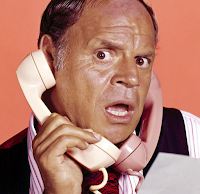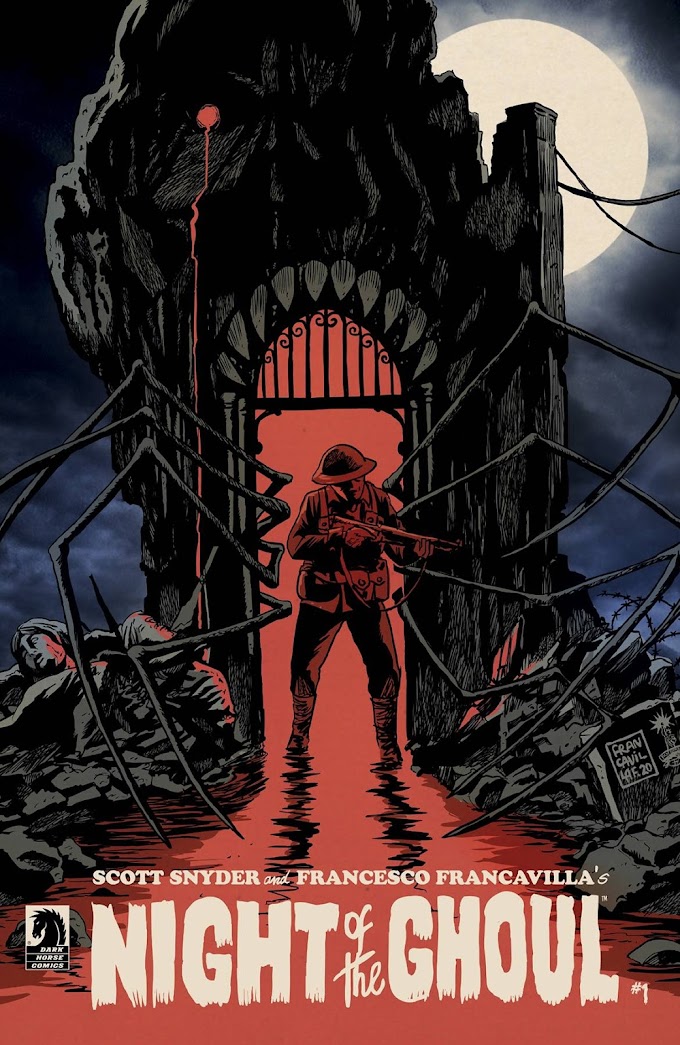** Slate calls Neil Gaiman a "Perpetual Narration Machine." The snarky side of me wants to ask if they've actually read The Sandman: Overture?
But reading Trigger Warning, you might wish that storytelling came a bit less easily to him. Impressive as his range of styles is, this new collection feels, from time to time, arbitrary—as if this talented writer were simply doing exercises, to no particular purpose. “There’s always that fear of writing too much if you’re a reasonably facile writer,” Gaiman said in The New Yorker a few years ago, “and I’m a reasonably facile writer.” Clearly, he’s mastered that fear.** One of the big stories of 2014 was the popularity of comic-based Humble Bundles, even if no one really talks about them other than in a promotional type of way. ICV2 talks to Kelley L. Allen, Humble Bundle's director of books.
The average bundle of books and comics together last year made $275,000; the mean was $120,000 all the way up to $563,000 for our top bundle last year. The book bundles collectively made $5.6 million last year, which includes audio books, books and comic books. Out of that, roughly $3.5 million were comic book bundles. We worked a lot with the comic publishers and they did quite well.
** Dean Mullaney has quite a history with comics. He's been around since the early 1980s and is now being a very important currator of classic comics through his Library of American Comics and Eurocomics imprnts at IDW. Both The Comics Journal and The Beat had interviews with him recently.
This short excerpt is from The Beat's interview about Hugo Pratt's Corto Maltese but it's actually fairly well repeated in both interviews with Mullaney.
I think it’s also instructive to place Pratt’s Corto stories in context of what was happening in mainstream American comics at the time. For example, in 1967 when Pratt started “The Ballad of the Salty Sea,” even the best of Stan Lee, Jack Kirby, Steve Ditko, et al was aimed at a juvenile audience. Pratt, on the other hand, was an adult writing about mature themes in a nuanced manner for a sophisticated audience. We didn’t see anything in American comics approaching Pratt’s take on colonialism and the plight of indigenous people, for example, until Don McGregor “Panther’s Rage” in 1973, and even that remained an anomaly, whereas Pratt continued to develop his themes in Corto.
** Over at The A.V. Club, Oliver Sava has an interesting piece about the influence of G. Willow Wilson and Adrian Alphona's first year of Ms. Marvel, one of the better comics that Marvel is publishing right now.
Religion isn’t a hot topic in superhero comics, but maybe it should be. Diversifying the genre doesn’t just mean introducing characters of different races and creeds, it means diversifying the content of the narratives and finding new ideas to explore. The broad strokes of Kamala’s story are familiar to any superhero comic reader—a seemingly ordinary person is granted extraordinary ability that interferes with her former life and introduces a new set of responsibilities for the future—but there’s a lot of flexibility in that formula for different types of characters and circumstances. Being Muslim changes the story. Being the child of immigrant parents from Pakistan changes the story. And most important to this current arc, being a millennial changes the story.Marvel's on this interesting path that after decades of using superheroes to tell superhero stories, they seems to finally be realizing that their characters and comics are more flexible than that and can be used to tell just stories about people. DC seems to be wanting to do that a bit more. At least, that's the hope that they're post-Convergence lineup announcements seem to be offering. Hopefully with both publishers, this is more of a continuing trend and not just a passing fad.
Here's food for thought- comics like Ms. Marvel and Hawkeye are far more humanistic and relatable than almost anything that Image, the current avatars of all that's "good" and "right" about comics can ever hope to be.
** Have you seen the documentary about Alejandro Jodorowsky and his attempt to make the movie Dune? It's pretty glorious in just how crazy the whole thing seemed. This week an hour+ discussion wtih him and Ian Sinclair made the Youtube rounds. Go watch the movie first and then come back and watch this.
** Closer to home, here's what your Patterers have been up to this week:
- Rob M. dove into MY STUPID LIFE.
- The gang was back with a Quick Hits column, focusing on science gone wrong. They talked about Manhattan Projects, Judgement Day and Other Stories, Fatima The Bloodspinners, Nowhere Men and Weird Fantasy.
- Emilia wrote about A Chinese Life.
- James enjoyed Princeless: The Pirate Princess #1.
- Scott struggled a bit with The Life After #1.
- Rob M. was a let down by Master Keaton Volume 1.
- James experienced a taste of the divine in Divinity #1.
- Rob M. is cautiously excited about Oh My Goddess ominibii coming from Dark Horse.
- Guy explored 8 graphic novels that helped his through tough times.
- Brianne looked at Ivar, Timewalker #1.








![Sweat and Soap [Ase to Sekken] by Kintetsu Yamada](https://blogger.googleusercontent.com/img/b/R29vZ2xl/AVvXsEgMnQltxjWqGS1_duhCp9Er1a0NbALuSFrqvjaV4_PjN_w67xCGghYt-l0qKyqTH7Ei7gbq_mxVq8aPAuOiyaArwAMLJWhpGmOYaARUBnwvjmv2-ZIe20m_zR5CvKnPdI6US_AuOnmi3gSX/w680/57525895-BA7E-4EF8-9FE4-89F9C164E1A4.jpeg)

